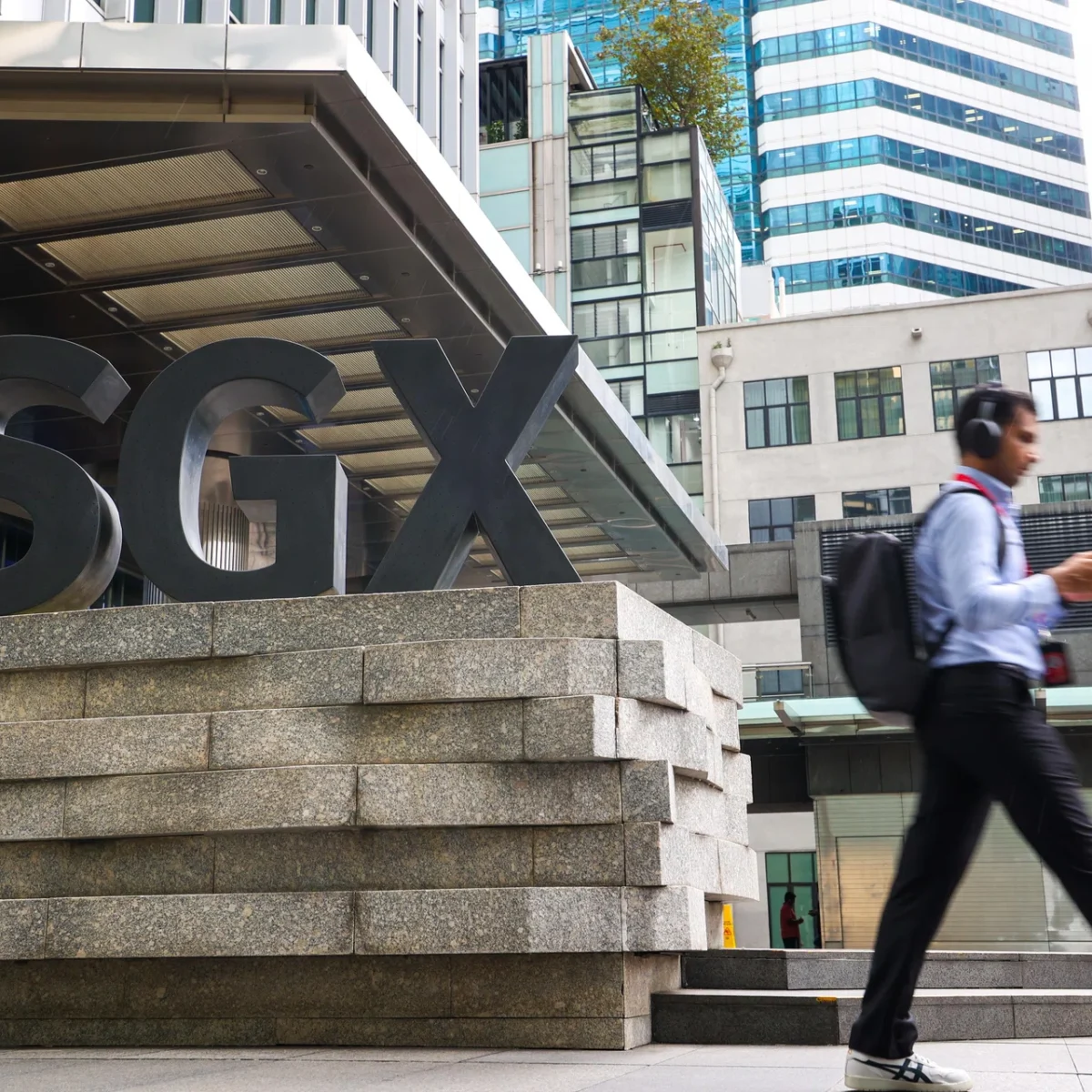[SINGAPORE] Retail investors who suffer losses in the stock market due to market misconduct could soon find it easier to seek civil recourse.
The Monetary Authority of Singapore (MAS) will consult on proposals later this year to strengthen investor protection through the enhancement of avenues to seek civil recourse.
MAS on Monday (Jul 21) said it has identified three areas of focus: enabling the pursuit of legal action, facilitating self-organisation, and providing access to funding.
To reduce the burden on investors when pursuing civil recourse action, MAS will consider enhancements to existing legal provisions that enable investors to ride on a court action or civil penalty to seek compensation.
It will also consult on proposals to allow for representatives to organise and carry out legal action on behalf of investors, such as not-for-profit assistance by the Securities Investors Association Singapore, or Sias.
To reduce the risk of potential profiteering behaviour and vexatious litigation, MAS said it will consult on the criteria for such representatives.
BT in your inbox

Start and end each day with the latest news stories and analyses delivered straight to your inbox.
While putting in place appropriate safeguards, MAS said there is a need to address concerns of frivolous legal actions that would unduly burden the market.
Lastly, it will seek views on the setting up of a grant scheme to defray the costs of organising investors and taking legal action for cases involving market misconduct. This is aimed at reducing cost barriers that deter investors from seeking compensation through civil action.
“Currently, there have been feedback and observations that retail investors seem to face friction in commencing civil action – such as difficulty in self-organising, and finding sufficient funds for legal advice,” the financial regulatory authority said in a statement.
“Facilitating investors to seek civil recourse is therefore important to bolstering investor confidence, maintaining market integrity and upholding the reputation of Singapore’s capital markets,” it added.
Disclosure-based shift
The announcement comes amid Singapore’s proposed shift towards a more disclosure-based regime.
The MAS equities market review group in February signalled a move towards a more “pro-enterprise regulatory stance”.
Key changes recommended in its initial set of recommendations included proposals to consolidate listing suitability and prospectus disclosure reviews under Singapore Exchange Regulation; a more targeted approach to post-listing queries, alerts, and trading suspensions; and a removal of the watch list.
MAS on Jul 1 also proposed revisions to the product highlights sheet – a document which complements the main offer document and outlines the key features and risks for investors for certain investment products.
Along with this, it proposed to streamline the complex products framework – making it easier for retail investors to invest in products that are deemed complex without seeking the now-mandatory financial advice, even where they may not have the relevant qualifications, experience or knowledge in investing.
But MAS stressed that safeguards would still be in place for those who need the protection, such as those aged 62 years and above, and those with lower academic qualifications.
A MAS spokesperson said that the announcement earlier this month was part of its ongoing review efforts, but “also in line with the equities market review group’s broad objective to improve the vibrancy of our equities market through streamlining regulations and empowering investors in their investment journey”.
MAS said the review group continues to review other initiatives to enhance Singapore’s equities market.
These include measures to uplift companies’ shareholder engagement capabilities, strengthen the value proposition and attractiveness of the Catalist board, and enhance market-making mechanisms to promote deeper liquidity and price discovery.
To complement the work of the review group, MAS said its corporate governance advisory committee – an industry-led body set up in 2019 – has begun a review of the Code of Corporate Governance.





